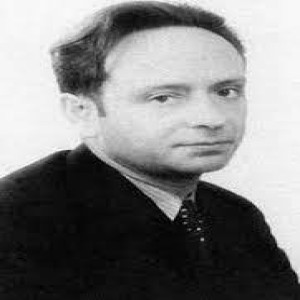
On 8 September 1942 Ullmann was deported to the Theresienstadt concentration camp. The particular nature of the camp at Theresienstadt enabled Ullmann to remain active musically: he was a piano accompanist, organized concerts ("Collegium musicum", "Studio for New Music"), wrote critiques of musical events, and composed. He wrote: "By no means did we sit weeping on the banks of the waters of Babylon. Our endeavor with respect to arts was commensurate with our will to live."
On 16 October 1944 he was deported to the camp at Auschwitz-Birkenau, where on 18 October 1944 he was killed in the gas chambers.
One writer has described Ullmann's milieu in these terms: "Like such other assimilated German-speaking Czech Jews as Kafka and Mahler, Ullmann lived a life of multiple estrangements, cut off from Czech nationalism, German anti-Semitism and Jewish orthodoxy”.
More Episodes
Monday Reboot: With Lewis Campbell
 2024-09-09
2024-09-09
 3
3
 2024-09-09
2024-09-09
 3
3
Adopt-A-Pet Tuesday: With Amber Francisco
 2024-09-03
2024-09-03
 4
4
 2024-09-03
2024-09-03
 4
4
Native Art Voices of the 4 Corners: Monique Holiday
 2024-08-15
2024-08-15
 48
48
 2024-08-15
2024-08-15
 48
48
Native Art Voices of the 4 Corners: Ed Singer
 2024-07-18
2024-07-18
 42
42
 2024-07-18
2024-07-18
 42
42
012345678910111213141516171819
Create your
podcast in
minutes
- Full-featured podcast site
- Unlimited storage and bandwidth
- Comprehensive podcast stats
- Distribute to Apple Podcasts, Spotify, and more
- Make money with your podcast
It is Free
- Privacy Policy
- Cookie Policy
- Terms of Use
- Consent Preferences
- Copyright © 2015-2024 Podbean.com






